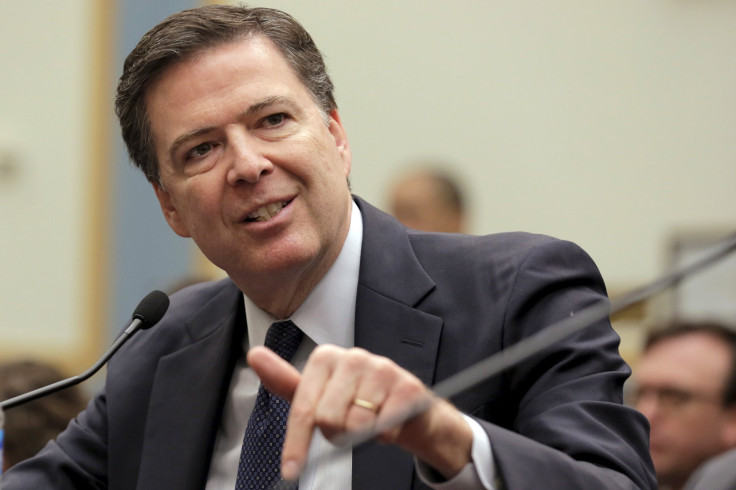Apple v FBI: The mobile manufacturer may never know the method used to crack shooter’s iPhone

The Apple v FBI argument has heated up with both entities set to return to Congress next week to testify over law enforcement access to encrypted devices. Obama administration sources have revealed that the company that helped the Federal Bureau of Investigation unlock a San Bernardino shooter's iPhone will have sole ownership of the technique. It is highly unlikely that the technique will be disclosed by the government to Apple.
FBI’s Executive assistant director for science and technology, Amy Hess, and Apple’s general counsel, Bruce Sewell, will be testifying on Tuesday before a House Energy and Commerce subcommittee on separate panels along with other technology experts and law enforcement officials.
In February, The FBI had said that it was unable to get into the shooter’s iPhone 5c and it would require help from Apple. The FBI won a court order compelling Apple to break into the device. Other technology industry players backed Apple, stating that this would make businesses arms of the state.
Right before a crucial hearing, the Justice Department dropped the case, with the FBI stating that it has found a way to hack into the iPhone. Apple said that it hoped the method would be disclosed so that action can be taken to avoid criminals from cracking the method.
The case has given rise to a national debate about technological flaws, security, privacy and encryption. The technology used to hack into the iPhone belonged to a non-US company.
The conflict still remains and the debate continues on whether software security lapses should be kept secret by intelligence agencies and law enforcement or revealed to companies who can correct the flaw.
White House cybersecurity policy coordinator Michael Daniel had earlier said that everything depends on the kind of flaw and how easy it would be for offenders to misuse it and how much danger the flaw will expose the society to, reports Reuters.
“There is no way the government could force companies to share the methods that they are trying to sell, or any way to stop government agencies from buying from those companies,” said Rob Knake, who managed the White House process before leaving last year.




















